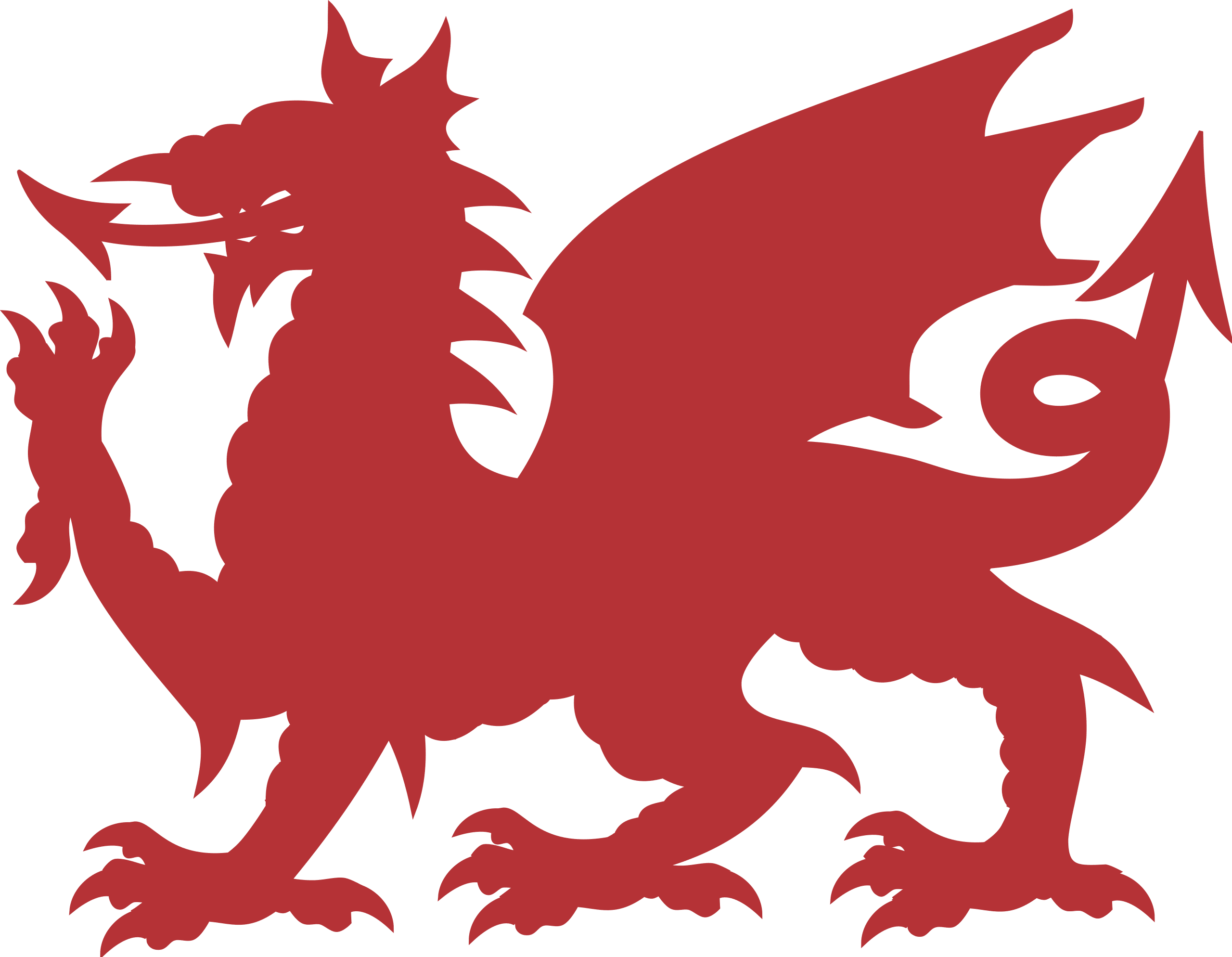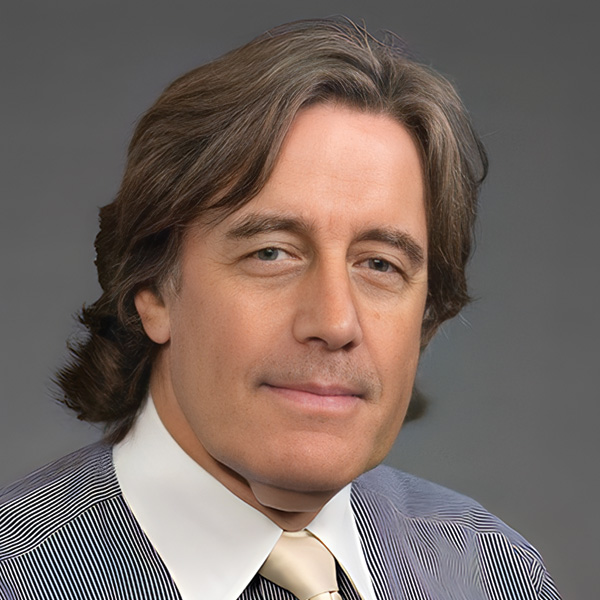Part One: The Outer Edge of the World
Prisoners usually have done wrong
Perhaps they have wronged themselves, or just been in the wrong place
You don’t have to be Capone or a Kray twin
To be incarcerated
But sometimes you collectively get things wrong
For so long
That you become imprisoned by your own actions
So it is with the Celts
The most powerful potential
Imprisoned by themselves
Surrounding the Irish Sea
Like salmon, fighting against the flow
Celts pressed from Greece and the Balkans
Westwards, always westwards
To take up space in Gaul and Galicia
Pushed more and more, the druids and peasants
Filtered through Breton and took to the water
To Cornwall and the maelstrom of the Irish Sea
La divisa del mondo
Ultimo Irlando e Cymru
Celts to the outer edge of the world
Not one nation, not one race but two
Brythonic went to Wales
Goidelic to Ireland and Manx
Close brothers tangled and intrigued for millennia
Always engaging but fighting
With the English, to the east of Offa
Sometimes with Scotland to the north
Repelling Romans and Vikings
Embracing the New World when it eventually arrived
But never coalescing to deliver that potential
Divide and rule
A well-tried strategy
The Celts divided themselves
Ruled no-one
The irony of the sibling distrust
Personified just a century ago
The quintessential Welshman
David Lloyd George
Prime Minister of the whole of Britain
Led de Valera and Collins
To the door of independence
Only to be foiled by the Dail
Defeat grasped from the victory that seemed possible
Oh, what a Celtic calamity
All this was foreseen
From the myths and folk-law of this Celtic Lake
In its east, the sea was low-lying land at one time
Maes Gwyddno
Dykes and dams keeping the lake at bay
Until a drunken sluice keeper
Let in water while sleeping
Sixteen cities lie forever beneath the sea
It is said church bells are still rung there
Bells of the lowland hundred
The sea bed claims its prisoners
Part Two: Today
I see below me now
The majestic but approachable
Yr Wyddfa
No Eiger or Everest
But the prince of Cymru’s peaks
Carnedd y Cawr
The cairn of the giants
Where Arthur’s knights
Are still sleeping
Waiting for his return to
Release the prisoners of
The sea ahead
Harlech to the left, Beaumaris to the right
The mythology of the Irish Sea
Swirls ahead in the shape of Manx
Once home to Fionn mac Cumhaill
Blond and bright, the warrior of
Ulster, Man and Scotland
Like his namesake Gwyn ap Nudd
Of the Gwyneth coast just left behind
And the druid Tadg mac Nuadat of Kildare
He sought and found the Salmon of Knowledge
And built the Giant’s Causeway to cross to Scotland
Creating Manx on the way
Part Three: First Convictions
A classic example of states
And nations that do not coincide
Embryonic Wales and Ireland
Each nation bound by an identity
Over centuries, but divided
By their states, professing
The same core, but arguing
The quality of their mantle,
Ulster, Leinster, Connaught and Munster
Clwyd, Dyfed, Gwent, Gwynedd, Powys, the Glamorgans and Manx
Little conviction that they were good
No commitment to the nation states
Just centuries of quarreling, scrapping
Like Kilkenny Cats
“Who fought and fit
And scratched and bit
Till instead of two, there weren’t any”
Driven out, or neutered, just the same
The Welsh resisted everybody
The Irish took what they could
And who is to say what was the best
David and Patrick
Revered as saints should be
A hundred years apart
Converted their flocks around the Irish Sea
From pagans to believers
Patrick, neither Irish nor a saint
Made his end-of-the-earth
The center of Christianity
David, by pious Welsh
Example, and hard labor
Inspired monasteries and men
Dedicated followers of both
A spring month apart
Saint Patrick’s Day, global prisoner of revelry
Saint David’s Day, hardly known outside Cymru
Part Four: Youth’s Indiscretions
Young Celts, much promise, little vision
Culture and learning in Wales was strong
Irish civilization attained a higher level
As the Book of Kells shows
Their genius spread back across Europe
Brought to a halt by invasion of Danes and English
The Welsh, having defended their country
So the Welsh Wales was defined forever,
Succumbed to yellow plague, were nearly destroyed.
Their leaders, as leaders often do
Escaped the worst, back to Brittany
Until they could return, creating a new style
Leading the world as a community of communities
Seemingly invincible
Macsen Wleding and Cunnedd
Arthur, the Welsh-speaking hero
Not being Welsh, kept the nation alive for a while
As ominous signs from the English moving west
Shrewsbury and Hereford on the marches collapsed
Powys yielded as Offa, King of Mercia
Built a dyke, not to keep the Welsh out
But for them to know their place
Glory, invincibility, despair and defeat, all mixed up
Around the borders of the Celtic Lake
Welsh and Irish suffered the Normans
With much intrigue through the old English enemy
And their own rivalry
An Irish King joined with Normans to capture Leinster
Both then beaten by Henry to take control
A millennium’s worth of mistakes
As England now controlled the heart of Ireland
Gave them a parliament
But even then, only ruled around Dublin
Creating the Pale, beyond which was a wild and savage place
Henry VIII seized supremacy
Resistance by Catholics setting the scene for centuries of strife
Perversely Gaelic Catholics dominated Ulster
And protestants the Pale
The Welsh fared little better
Rhodri Mawr, maybe the greatest of their kings
Brought the country together for a while
But successors over the centuries
Anarawd, Gruffudd ap Llywelyn,
Gruffudd ap Cynan, Owain Glyndwr
Owain Gwynedd, Gruffudd ap Rhys ap Tewdwr
Wonderful names going around in circles
Fighting themselves and all-comers
No wonder Edward I built
Magnificent castles to control the treacherous Welsh
Who were losing country and language
Part Five: Middle Age Revolutions
Both Irish and Welsh had mid-life crises
As those on the outer edge tend to do
Minds turned to religion
Not of their own theological origin
But imposed on them by English political turmoil
Of catholic and protestant divides
And puritanical Oliver Cromwell.
The Welsh went meekly
An Act of Union already agreed under the Tudors
The Principality did what it was told
Betrayed and imprisoned by their own aristocracy
Three centuries without a well-known Welshman
Apart from those who kept language and Eisteddfod alive
The mid-life troubles for the Irish started with Elizabeth
The Pacata Hibernia
Where English nominal control
Affected only the Pale
Social and intellectual developments
Elsewhere in Europe not pervading beyond it
Gaelic independence broken by Anglicization of upper classes
Insurrections, failed parliaments, depression, disunity all around
Creating the mold for centuries to come
Cromwell massacred the Catholics
Driving them to Hell and Connaught
James II restored Catholicism across Britain and Ireland
Not for long as Protestants fought back
The bitter seeds of war,
Never so repugnant than
When God fights on both sides,
Spat out with venom
At the Orange victory
On the banks of the Boyne
Europe’s proxy Christian conflict
Invaded Irish doubts
Jacobite supporters of James, the last Catholic monarch
Met the eponymous Dutch William
At the rubicon of the Pale
A decisive battle of modern Ireland
Metaphorically mid-stream
Even the cavalry of Tyrconnell
Could not alter the Order
Of Ulster-backed Orange
The protestant minority ruled the east
Soon the whole island after Limerick’s treaty
Disestablishment was not just for the church
The Irish vacillated themselves
Through two more centuries
Controlled by absent landlords, their jailors, in London
Using Penal Law to oppress and suppress
Poor rural Catholics
The euphemistic Ascendancy
A disingenuous Act of Union in 1800
A single parliament with England in the van
Gave the prisoners little hope
British culture overwhelmed the Irish
The best escaping to the Americas
Boston’s gain, Dublin’s loss
Part Six: Famine
Disaster-weary humanity today
Hears of starvation and death with little emotion
Biafra, Ethiopia, Tigre, Sudan, Yemen
Tragic hunger impelled the Irish Geldof and Bono
To urge Feed the World a few decades ago
The Irish had cause to remember the devastation of starvation
Amid the home rule calamity
Famine struck in the fields of Ireland
Not fields of barley but fields of potato
Devil and deep blue sea both personified
By the choice of starvation or the coffin ships
For years, the prisoners of the land
Beyond the Pale suffered wretchedness
Surviving solely by this tuber
Until infestation
Blighted even that despair
Laissez-fare the British said
It will work out, let them eat corn
What a choice for those whose lives were arrested
The humility of the workhouse
A long lonely drive to the grave
Or the gamble of a ship from Liverpool to Boston
Maybe a dive into the far-from-blue Atlantic
A million died, a million left
The Irish shriveled along with the potatoes
Part Seven: Literary Prisoners
Prisoners, I am told
Often yearn for their childhood base
Yeats longed to forgo the
Pavements grey of London
Mindfully returning westwards to Sligo
And the Lake Isle of Innisfree
A quatrain of comfort, linnet’s wings and peace
Which comes dropping slow
To all prisoners
Hearing his Irish deep hearts core
James Joyce represented that deep core
From Finnegan’s Wake to Ulysses
The Dubliners revealed
The metaphorical cage around his city
Every encounter so mournful
With dreams of leaving
Even Eveline could not escape her lover
Without the seas of the world
Tumbling over her head
Amid those waters a cry of anguish
Dylan, with beautiful words and verses
Could not fool us either
Captains and drowned voices
In the Sailor’s Arms
The Reverend Jenkins recites
We are not wholly bad or good
Who live our lives under milkwood
And thou, I know, will be the first
To see our best side, not our worst
Some hope for the Irish and the Welsh
Part Eight: Modern Troubles
The troubles erupted in the seventies
Although conceived three centuries before
Stillborn but miraculously revived
By many quirks of fate
The Great War divided the Irish
Opportunistic home rule or loyal volunteers
Swinging nationalists but conscription took its toll
Once again they split apart
Revolutionary brotherhood, the IRB
Immediate insurrection
Provoked and pushed by Clan ne Gael over the pond
In league with the Kaiser
Who could not navigate the Celtic Lake himself
Casement, with his own small prisoner brigade
Confused and embarrassed all concerned
A pitiful republican force
Attacked the British garrison in Dublin
The Easter Rising,
A rabble rousing hundred or so
Gloriously sacked an undefended post office
Proclaiming the birth of the Irish Republic
A short-lived unpopular arousal
Quickly followed by premature detumescence
Miniscule support without
Condemnation within
Collapsed the five-day rebellion
But seeds were sown
Tubers re-planted
That would bear progeny fifty years later
As Yeats, in London, wrote
MacDonagh and McBride
Connolly and Pearse
Now and in time to be
Whenever green is worn
Are changed utterly
A terrible beauty was born
The inept British lost all that had been gained
Executing the prisoners, rising no more
Bernard Shaw saw they were canonized
The tyranny of the dead never to be forgotten
Lloyd George, in recovery mode
Could not restrain the now formed Sinn Fein
Conventions came and went
De Valera and Collins took over
The Dail reaffirming the Irish Republic
But, lacking conviction, civil war was here
Now renamed, the IRA, fought the
British Black and Tans and Ulster Unionists
Joined in politics, divided once again
An island rent asunder
Northern Ireland of six Ulster counties
The rest in the south
A treaty yielding The Irish Free State
Not everybody satisfied
The IRA murders republicans, took out Collins
Divided the south even further
Sinn Fein and Fianna Fail divorced
Self-destruction for the world to see
Belfast riots for the Belfast boys in the thirties
Second world war made it worse
As de Valera denied the British use of Eire’s ports
Saying England’s enemy is Ireland’s ally
No wonder the next sixty years were difficult
Prime Ministers in London came and went
Taoiseach de Valera reigned supreme in Dublin
Catholicism dominated but Ulster remained the thorn
The IRA’s border campaign of the sixties avowed
A united Ireland in communion with Rome
Tensions and killings intermingled
Bloody Sunday in Derry, Mountbatten murdered
The Brighton bombing of Thatcher
Kept the spotlight on the Irish
The time of Sands ran out in H-Block
Hunger prisoner Bobby wasted away
Writing verses of Long Kesh defiance
A castaway in a sea of sharks
Where the voice of a child is a life-raft to be caught
Amid hatred’s living spray
Then
For the first time in millennia
That an eye-for-an-eye
Can only yield a nation of blind men
Led the fault-lines of sectarianism
To coalesce
As hardliners Paisley, Adams and McGuiness
With noble peacemakers
Hume and Trimble
Abetted by referees Mitchell and Blair
Made a good agreement on a Friday
To set the prisoners free
Part Nine: Tomorrow
Prisoners die, escape, or are released
Few, very few, are pardoned, exonerated
What do the Celts deserve
Have too many escaped, procreated and died overseas
To allow the Irish Sea to be calmed and repossessed
Can hiraeth, hywel, cumhaidh and craic
Be translated for the rest of the world to understand us
Can David stand ground against Goliath
Or Swift’s Gulliver deal with Brobdinags
Will the world know us from
Borstal Boys, Wilde’s oats
And the alcohol of Thomas, O’Toole and Harris
Did we sell out the Arms Park to Principality
And Lansdowne Road to Aviva
Will London and Brussels continue to dominate Cardiff and Dublin
How will the stupidity of Brexit affect the prisoners now just released
Winston-Salem, North Carolina, USA and Galway, Ireland, 2014



